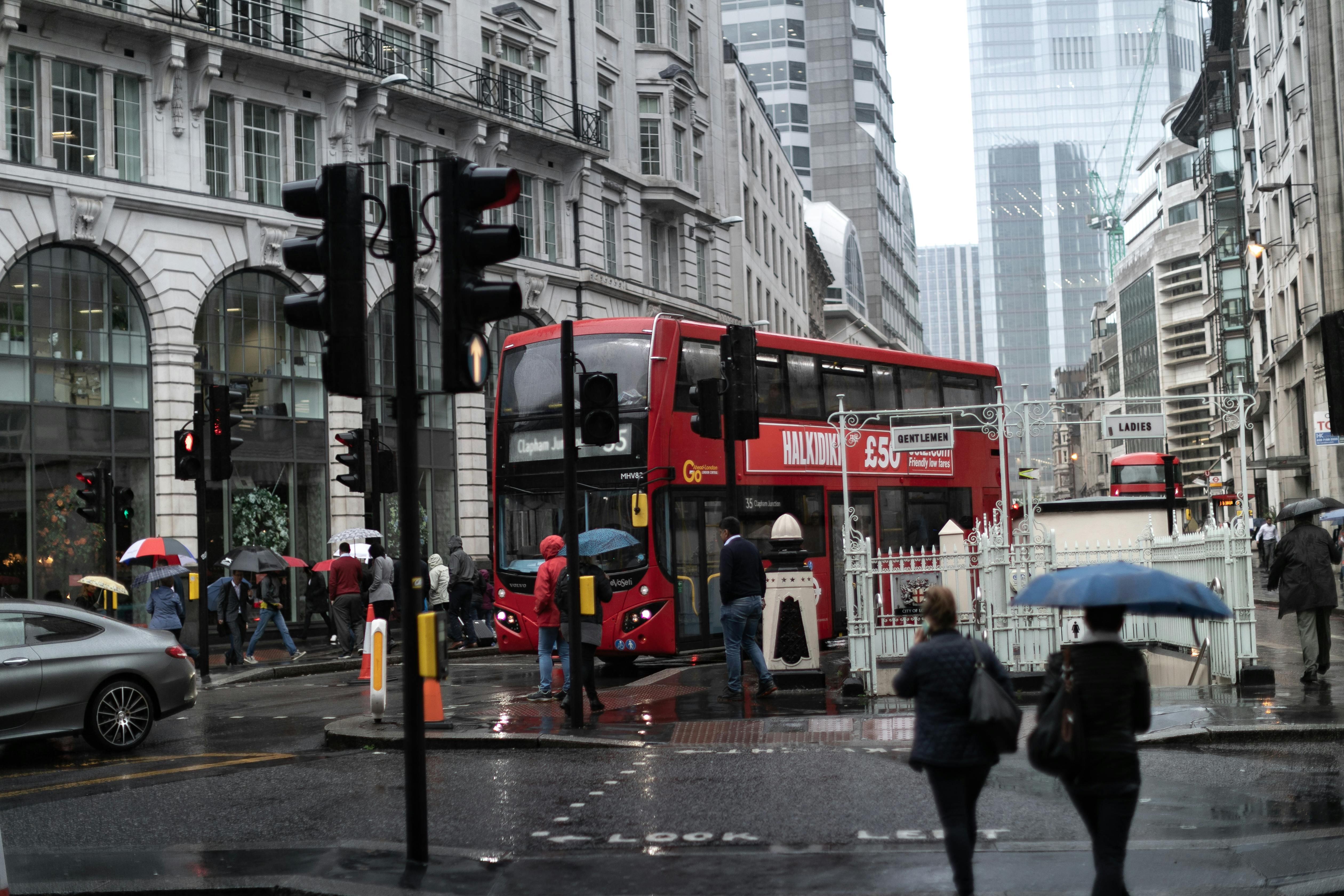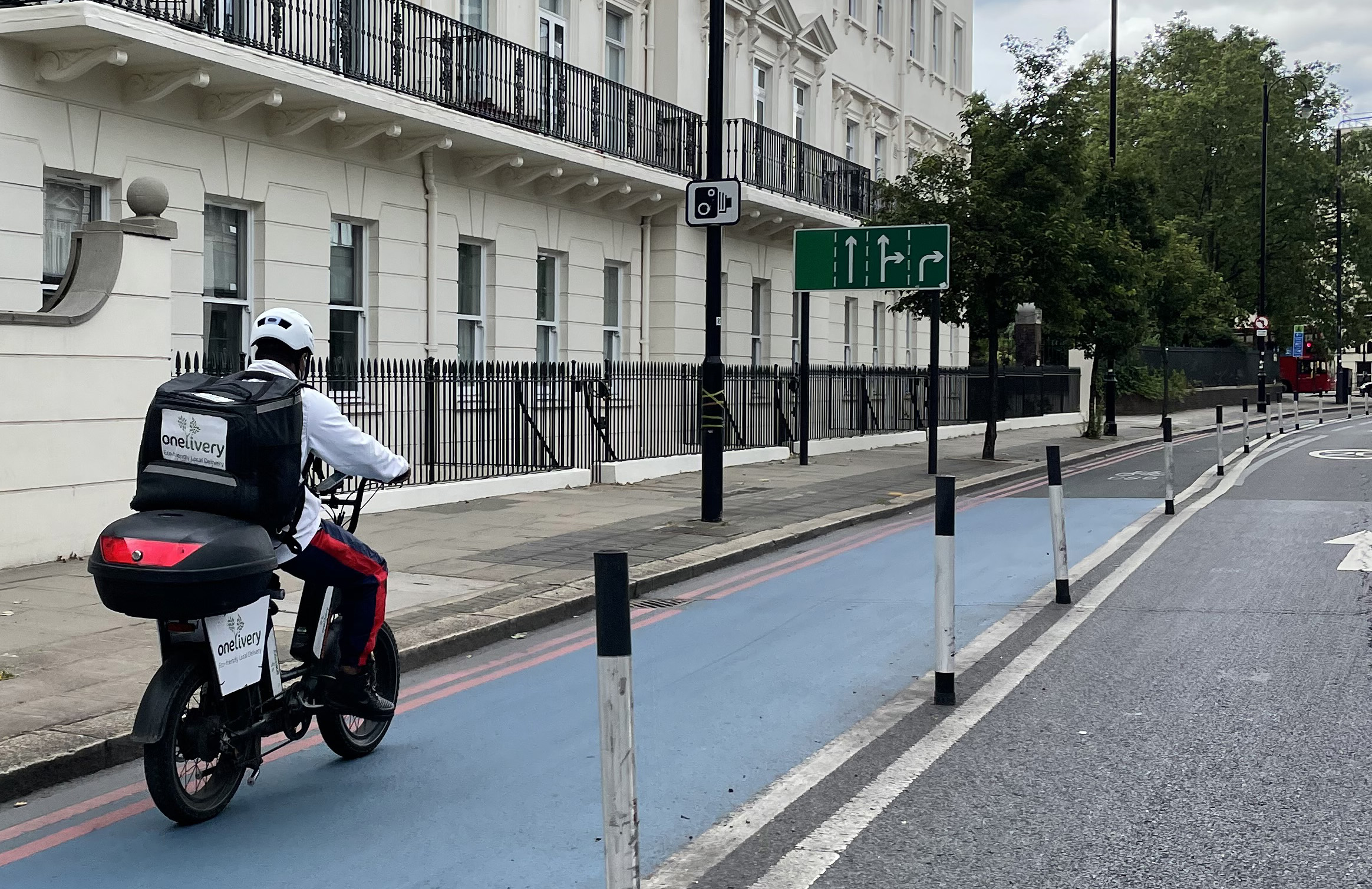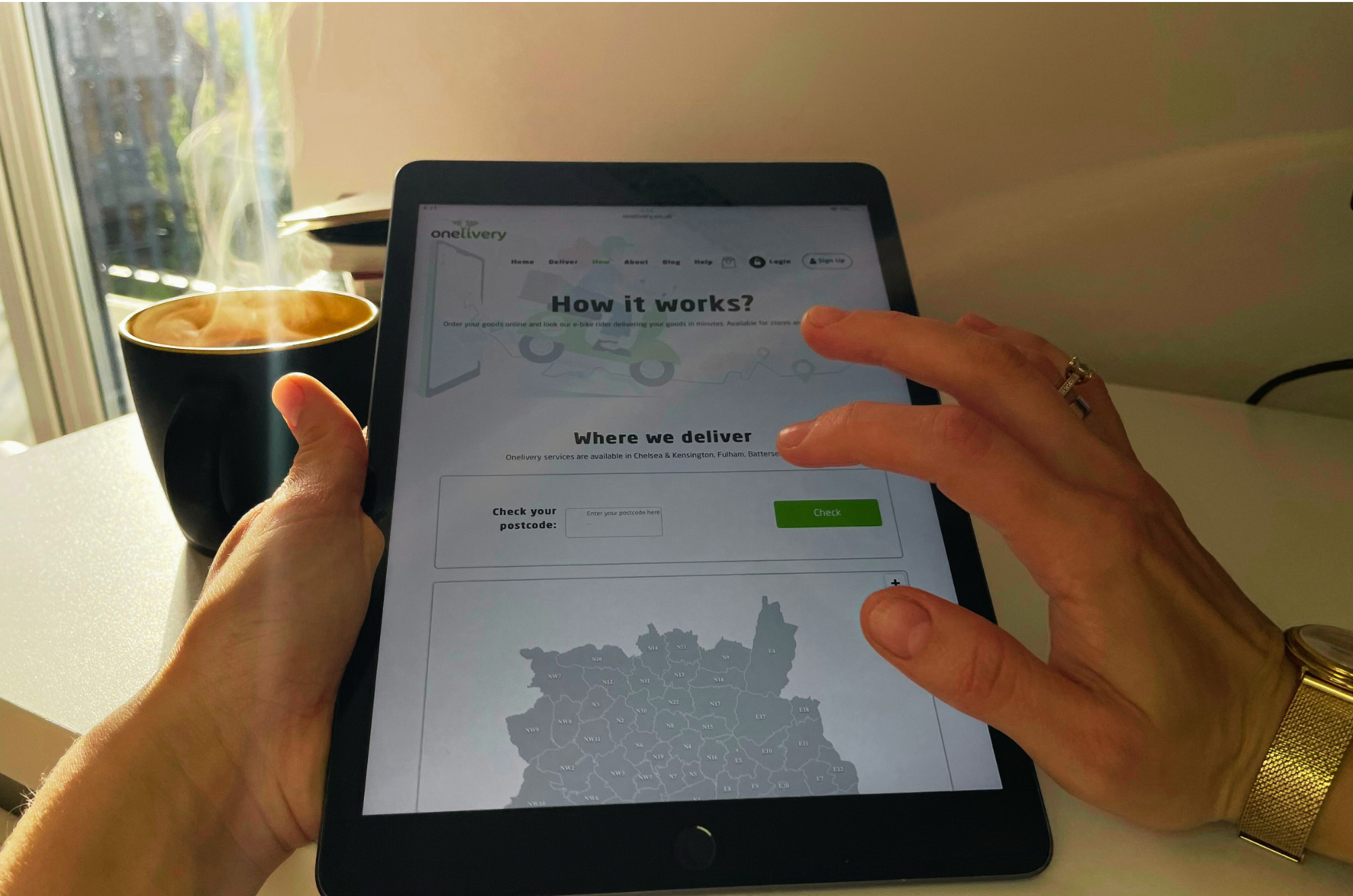In recent news, several major retailers have announced hikes in delivery fees. This comes amidst rising operational costs, from fuel to warehousing, which businesses have struggled to absorb. These changes have sparked consumer debate and raised questions about the perceived value of delivery services. For many, the convenience of home delivery is an essential part of the online shopping experience, but at what cost? While some customers are willing to pay a premium for speed and convenience, others are growing more resistant to these additional charges. Let’s delve into the evolving landscape of delivery fees and how consumer attitudes are shifting.
The Convenience Conundrum
In an age where online shopping is king, convenience is no longer a luxury but an expectation. Consumers have grown accustomed to receiving their goods at their doorsteps, and the speed at which this happens has become a critical factor. Next-day or even same-day delivery is now the norm in many places, with services like Amazon Prime and supermarket giants offering rapid delivery options. However, the hidden cost behind this convenience is now becoming more visible. Recent studies indicate that consumers are increasingly aware of the "true cost" of fast delivery. More than ever, they're questioning whether the delivery charges are fair, especially when some retailers are raising their fees to cover inflation-related expenses. A delivery fee of £5 may not seem like much, but when added to a modest order, it can significantly alter the overall perception of value.
The Psychology of Fees
There’s a psychology behind how delivery fees are perceived. In many cases, a small charge can be more off-putting than a larger total price. In a city where many people don’t have cars or parking spaces, delivery is more than just convenience—it's a necessity. But when a £3 delivery charge suddenly appears on a grocery order, it can feel like yet another unwelcome pinch in an already pricey city. Retailers understand this and often use tactics like "free delivery over £50" to encourage larger purchases. It’s a psychological nudge that works well, as consumers feel like they are getting something extra for free, even though they might end up spending more to avoid paying for delivery.
Rising Costs and Consumer Pushback
As inflation continues to impact logistics and fuel prices, delivery costs have risen across the board. Many consumers are sympathetic to the challenges businesses face but still feel frustrated when these costs are passed directly onto them. This is particularly true for those who frequently shop online and see these fees adding up over time. Interestingly, consumers are more forgiving of delivery charges from small businesses. There’s a certain understanding that independent retailers might not have the same resources as larger corporations to absorb these costs. Yet, when global giants raise their fees, it can feel like a money grab, which drives many shoppers to look elsewhere or even back to brick-and-mortar stores.
Free Delivery as a Standard?
There is a growing expectation for free delivery to be standard, especially for online giants. With competition fierce in the e-commerce space, offering free delivery has become a way for retailers to differentiate themselves. However, this has its pitfalls. Free delivery isn’t truly “free.” Retailers either absorb the cost or, more commonly, pass it on through higher product prices. Some consumers are becoming savvier, realising that free delivery often comes at the expense of paying more for goods. The challenge for retailers lies in balancing transparency with maintaining the allure of free delivery to retain customers.
The Future of Delivery Fees
As the market evolves, it’s clear that delivery fees will continue to play a significant role in consumer decision-making. Businesses must strike a delicate balance between covering their operational costs and keeping consumers happy. Offering flexible delivery options, transparent pricing, and incentives for repeat customers could be key strategies for maintaining a positive consumer perception of delivery fees. Londoners appreciate honesty. If businesses want to maintain their loyalty, it’s time they levelled with their customers about delivery fees. Transparent pricing, flexible options, and a clear value exchange will go a long way in retaining consumer trust in a city that never sleeps but always compares.









